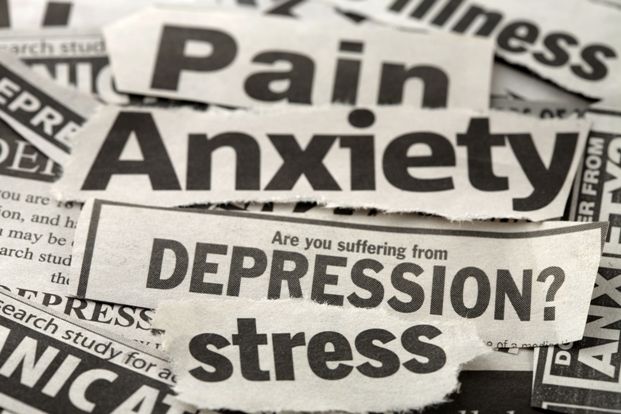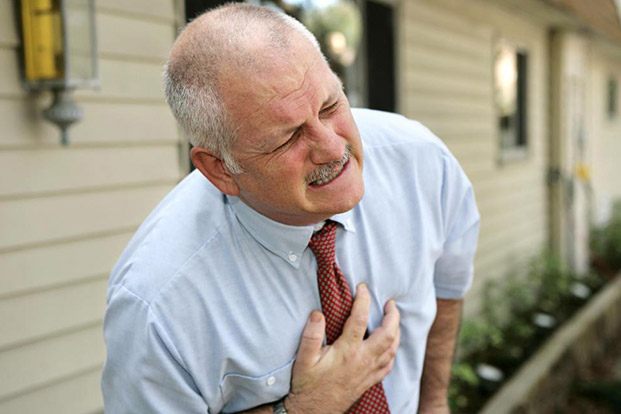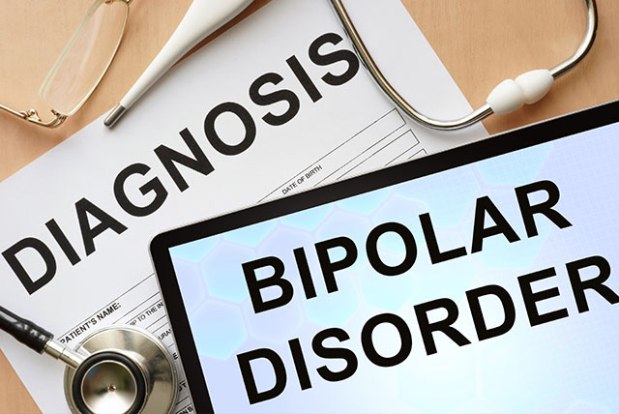Categories
- Bariatric Surgery (11)
- Black Fungus (5)
- Bone Marrow transplant (3)
- Brain Tumor Surgery Navigation Technology (20)
- Cardiac Surgery (66)
- Cardiology (97)
- Computer navigation technology for joint replacements (20)
- Covid Vaccination (17)
- Critical Care (2)
- Dental (19)
- Dermatology (31)
- Dialysis Support Group - “UTSAAH” (11)
- Dietitian (33)
- Emergency Medicine (4)
- Emotional Health (11)
- Endocrinology (33)
- ENT (20)
- Gastroenterology and GI Surgery (53)
- General and Laparoscopic Surgery (21)
- General Surgery (4)
- Gynecology & Obstetrics (183)
- Hematology (20)
- Internal Medicine (294)
- Kidney Transplant (50)
- Kidney Transplantation (20)
- Lung Cancer (8)
- Minimal Invasive Surgery (1)
- Mother & Child (20)
- mucormycosis (5)
- Nephrology (61)
- Neurology (147)
- Neurosurgery (68)
- Nutrition and Dietetics (107)
- Omicron Variant (1)
- Oncology (288)
- Ophthalmology (10)
- Orthopaedics & Joint Replacement (86)
- Paediatrics (59)
- Pediatric Nephrology (3)
- Physiotherapy (5)
- Plastic & Reconstructive Surgery (6)
- Psychiatry and Psychology (90)
- Psychologist (28)
- Pulmonology (72)
- Rheumatology (13)
- Spine Services (21)
- Transradial Angioplasty (16)
- Urology (84)
Query Form
Posted on Apr 19, 2022
Beating the Blues in the Shades of Grey
India has one of fastest growing geriatric population (age 60 years and above) in the world and it is projected to rise to 12.6% of total population by 2026. Increase in life expectancy, though has emerged as boon but also has created questions about the quality of life in the elderly. Our senior citizens which have contributed their entire life towards progress of nation are many times left stressed and depressed at the hands of society.

Studies indicate that prevalence of depression in elderly is staggeringly high to 20% i.e. about 1 in 5 of senior citizens is depressed. Also for many, these episodes of depression are chronic and relapsing. It is therefore not very surprising to note that incidence of suicide in elderly is highest of any age group. Reasons for such a high prevalence in old age are plenty.
Loneliness and chronic conditions
Senior citizens often have to face loneliness whether this is due to retirement and loss of contact with colleagues or because of being left alone when children move abroad or in other cities. Further they have to cope with bereavement of life partner, family members and friends. Loss of economic independence and inability to cope with rising healthcare expenses also contribute as a major stressor. Often old age is associated with chronic conditions such as hypertension, diabetes, arthritis etc which predispose towards depression.
It also very disheartening to note that depression in elderly is often under diagnosed and under treated. The major reasons for this being, depression is often wrongly assumed as part of normal process of aging whereas on the contrary old age signifies happiness, peace and contentment with life. Also besides usual symptoms of depression like persistent pervasive low mood, loss of interest in previously enjoyable activities and easy fatigability there are certain aspects exclusive to old age depression like ’masked depression’. In this the patient denies low mood on the surface, however manifests depression in the form of unexplained physical symptoms like vague aches and pains. Lots of resources are spend on investigations and treatment but ultimately complaints remain unresolved.
Another peculiar aspect of old age depression is ‘pseudo dementia’, where patient has complaints of forgetfulness, loss of concentration and is labelled as dementia whereas neurologically he is normal. This is because many symptoms of old age depression mimic symptoms of dementia however unlike dementia they can be effectively reversed when depression is treated. This again highlights importance of early diagnosis of depression.
Treating Depression
Further untreated depression substantially increases likelihood of death from physical illnesses as it interferes with a patient’s ability to follow the necessary treatment regimen.Also, healthcare costs of elderly people are 50% higher than those of non-depressed seniors. Depression in elderly also lasts longer than their counterparts in young age group.
Senior citizens should not feel shy in consulting a psychiatrist when they have any suspicion about their mental health as effective and safe treatments are available which can go a long way in enhancing their quality of life. Also non-medical treatments such psychotherapy can help to a great extent in providing relief from negativity and anxiety. It is always said prevention is better than cure, regular physical exercise along with relaxation techniques such as yoga, meditation have a significant role in busting stress which is often starting point of depression. Regular interaction among senior citizens along with awareness sessions also helps in combating the menace.



